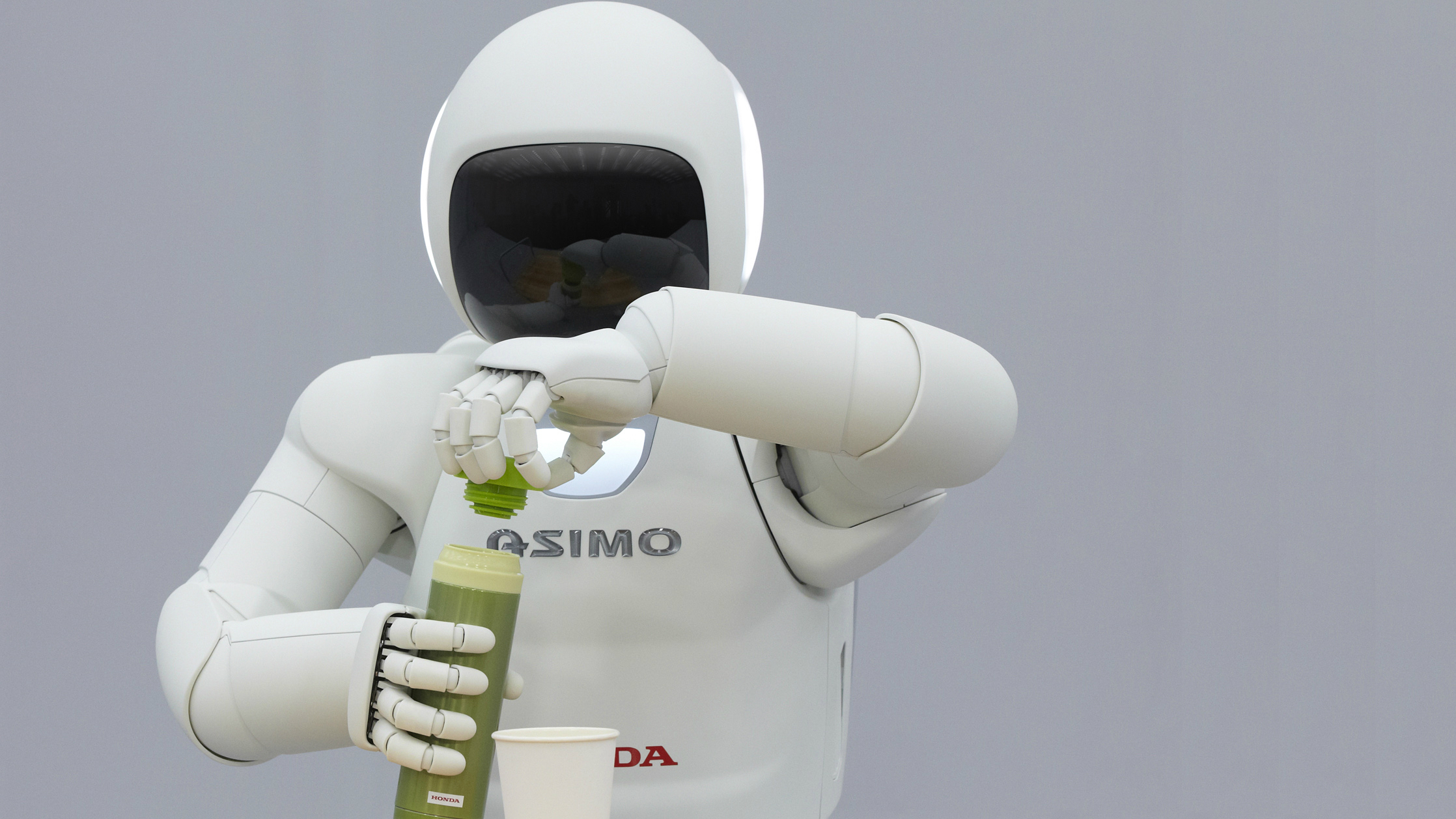Robots are learning to deal with human stupidity
A new system makes communications more efficient

Next to robots, humans are pretty stupid. Stupid in the sense that they can't hold the vast quantities of data that their machine counterparts can. So when it comes to humans and robots working together, there's a clear mismatch in abilities.
Researchers at MIT's Computer Science and AI Lab have created a new system to help robots and humans work together, by reducing the need for communication by 60%.
While robots usually need to share large amounts of data with each other, MIT's research has found that much of it isn't essential.
The new system scrutinises the potential effectiveness of actions and makes a cost-benefit analysis based on the model of the environment and expectations of how fellow robots might act.
Finding a balance
Over-communication would overwhelm human teammates but not sharing any information at all would obviously cause difficulties for other robots. MIT's new system finds a balance between the two.
The result would make for more effective teamwork between humans and robots, especially in rescue operations.
A robot entering a burning building would be presented with a lot of information about its surroundings, but using the new system it could better determine and communicate where the real dangers and problems lie - and ignore the risks less threatening.
Sign up for breaking news, reviews, opinion, top tech deals, and more.
So far the system has only been tested on machines. Julie Shah, one of the paper's two authors, said: "For human-robot team, I think that this algorithm is going to make the difference between a team that can function effectively versus a team that just plain can't."

Hugh Langley is the ex-News Editor of TechRadar. He had written for many magazines and websites including Business Insider, The Telegraph, IGN, Gizmodo, Entrepreneur Magazine, WIRED (UK), TrustedReviews, Business Insider Australia, Business Insider India, Business Insider Singapore, Wareable, The Ambient and more.
Hugh is now a correspondent at Business Insider covering Google and Alphabet, and has the unfortunate distinction of accidentally linking the TechRadar homepage to a rival publication.